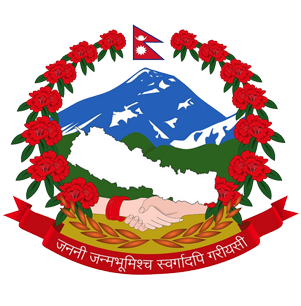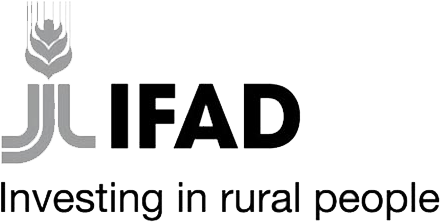Lalitpur, June 30, 2024 — The IFAD PCR Mission Stakeholder's Consultation Workshop was held at Hotel Square, Lalitpur, to evaluate the Rural Enterprises and Remittances Project (RERP), "Samriddhi." The workshop aimed to review project progress, discuss key milestones and lessons learned, and gather feedback from stakeholders to inform future project design and implementation strategies.
Workshop Proceedings
The workshop commenced at 9:00 AM, following breakfast. Mr. Raju Gadtaula, Data Management and Economic Inclusion Coordinator for RERP, opened the session with an inspiring quote from Warren Buffet: "Someone is sitting in the shade today because someone planted a tree a long time ago."
Mr. Saroj Prasad Guragain, Project Manager of "Samriddhi," chaired the workshop, focusing on reviewing the project's accomplishments and challenges. Chief Guest Mr. Krishna Bahadur Raut, Secretary of MOICS, GON, emphasized the government's commitment to rural development initiatives.
Key attendees included:
- Mr. Roshan Cooke (Country Director, IFAD Nepal)
- Mr. Shyam Khadka (PCR Mission team leader)
- Joint secretaries from various ministries
- Representatives from partner organizations
- Stakeholders, and RERP staff and ex-staff members.
Mr. Santosh Kr. Baidhya Tamang, Senior PME & KM Specialist, RERP, warmly welcomed participants, highlighting the importance of collective efforts in ensuring sustainable development and positive impacts on rural enterprises and remittances.
Project Milestones and Achievements
Mr. Shyam Khadka presented the PCR Mission's findings, outlining significant milestones and achievements of the project:
- April 2015: Project approved, aiming to improve rural enterprises and effectively manage remittances.
- 2016-17: Early implementation faced unsatisfactory progress, necessitating significant adjustments.
- May 2018: Technical redesign to improve project performance.
- Nov 2019: Project rated 1/6; led to restructuring and cancellation of USD 19 million from the loan.
- June 2022: Extension granted with fund reallocation.
- Oct 2023: Final extension to ensure completion by June 30, 2024.
Component Achievements:
- RMSE & Job Promotion: Enhanced supply chains, strengthened cooperatives, and created decent jobs through TVET, job placement, and apprenticeships.
- Productive Investment: Promoted financial literacy, strengthened cooperatives, and formed partnerships with financial institutions.
- Inclusion and Mobilization: Provided economic and social mentoring using the Gender Action Learning System (GALs) methodology.
Lessons Learned and Future Strategies
Key lessons highlighted included:
- Clustered Geographic Targeting: Ensures coordinated support across project components.
- Nuanced Targeting Approach: Crucial for addressing complex socio-economic realities.
- Financial and Business Education: Encourages the use of financial services and enhances entrepreneurial attitudes.
- Outcome-Based Payments: Lead to significant performance gains.
- Clear Targets: Crucial for consistent strategic targeting and progress monitoring.
- Differentiated Capacity Building: Recognizes the need for tailored approaches.
- Inclusion of Environment and Climate Specialists: Especially during redesign phases.
- Continuous Review and Update of Tools: For identifying target beneficiaries and monitoring performance.
Open Discussion and Stakeholder Feedback
The open discussion session featured contributions from various participants, including Ms. Kala Rai, Mr. Moti Giri, Mr. Dipendra Joshi, Mr. Himnidhi Neupane, and Mr. Pradip Shrestha. Topics discussed included cost-benefit analysis, interventions on dairy pricing, CCI assessment, and the importance of M&E systems.
Concluding Remarks
In his closing remarks, Mr. Saroj Prasad Guragain emphasized the need to revise targeting scores based on workshop feedback and acknowledged the project's impressive management score of 5 out of 6. He expressed gratitude to the project team and participants, underscoring the importance of collaborative efforts and the application of lessons learned from "Samriddhi" to future projects for enhanced impact and sustainability.
Conclusion
The IFAD PCR Mission Stakeholder's Consultation Workshop provided a comprehensive review of the "Samriddhi" project's journey, from its inception to its final stages. The collaborative discussions on achievements, challenges, and lessons learned offered valuable insights for future initiatives, reaffirming the commitment to sustainable development and strategic planning.





